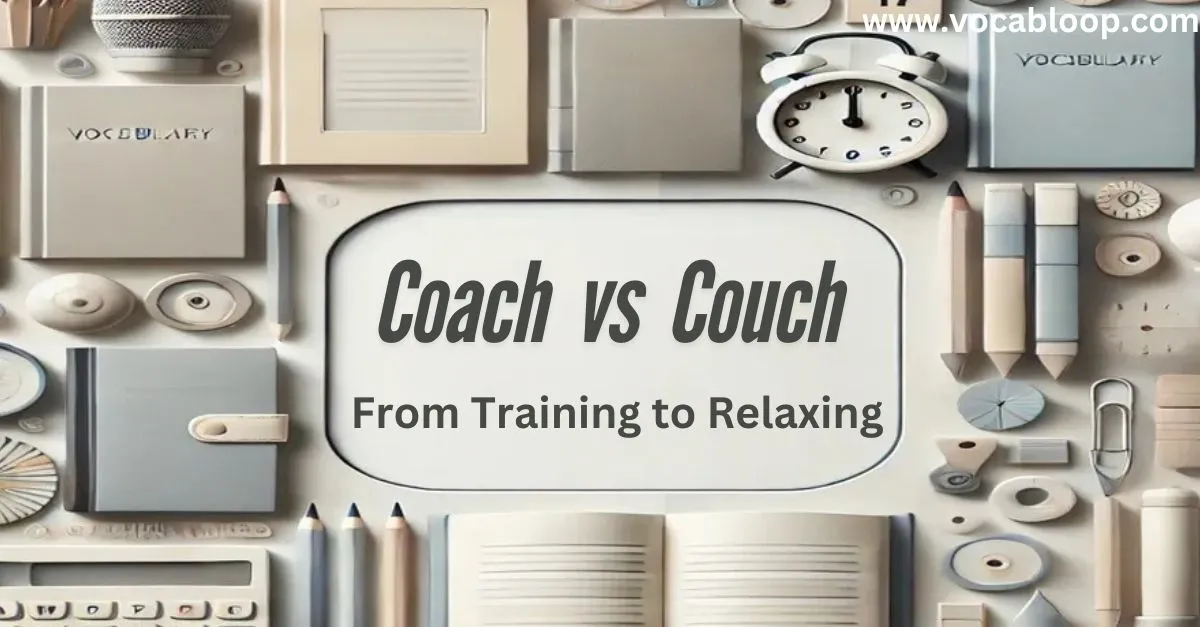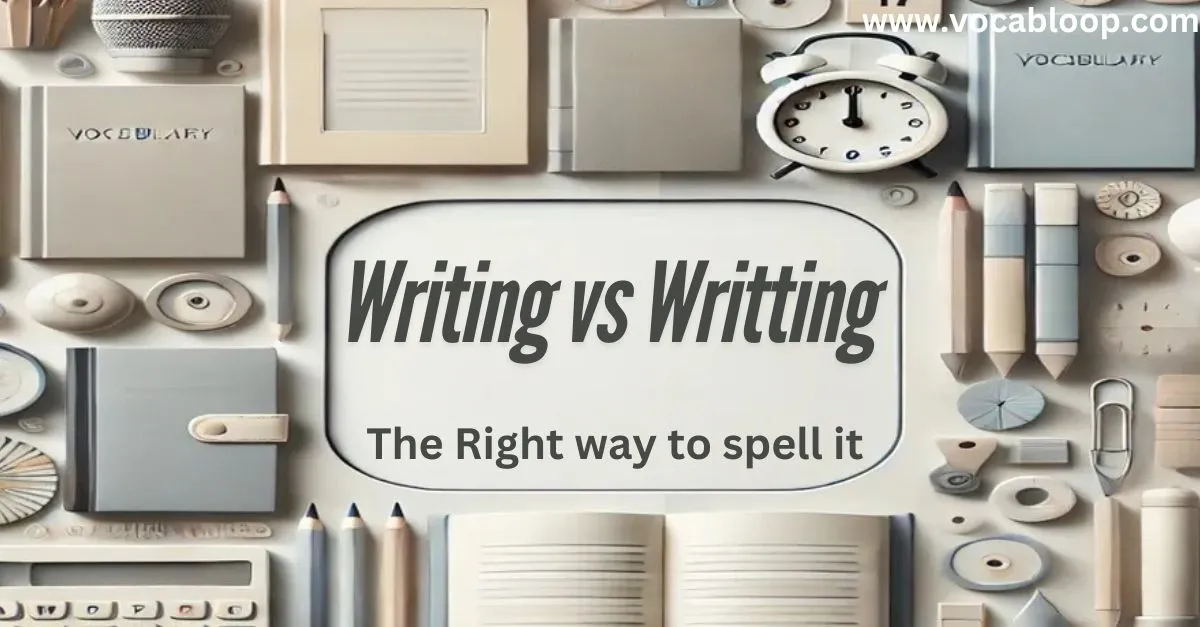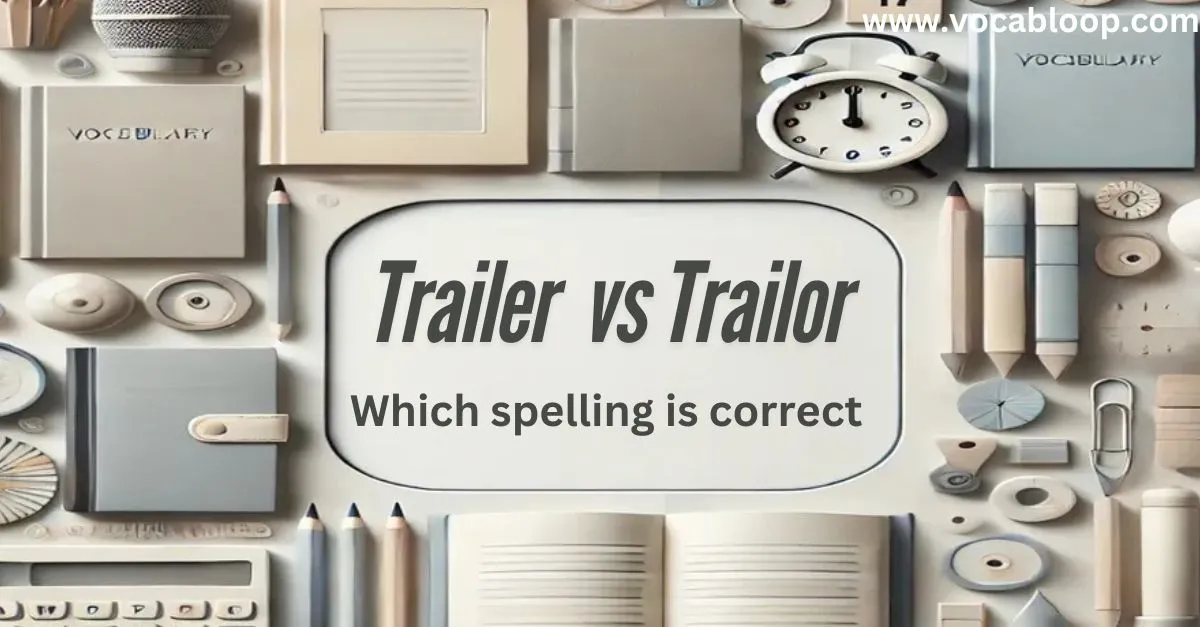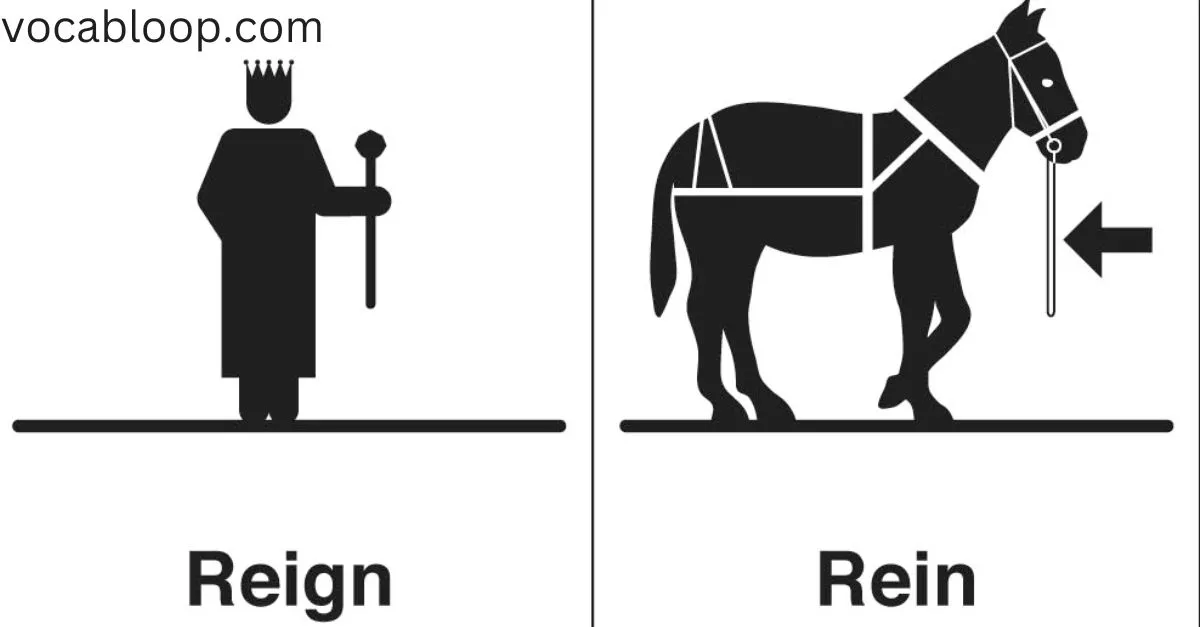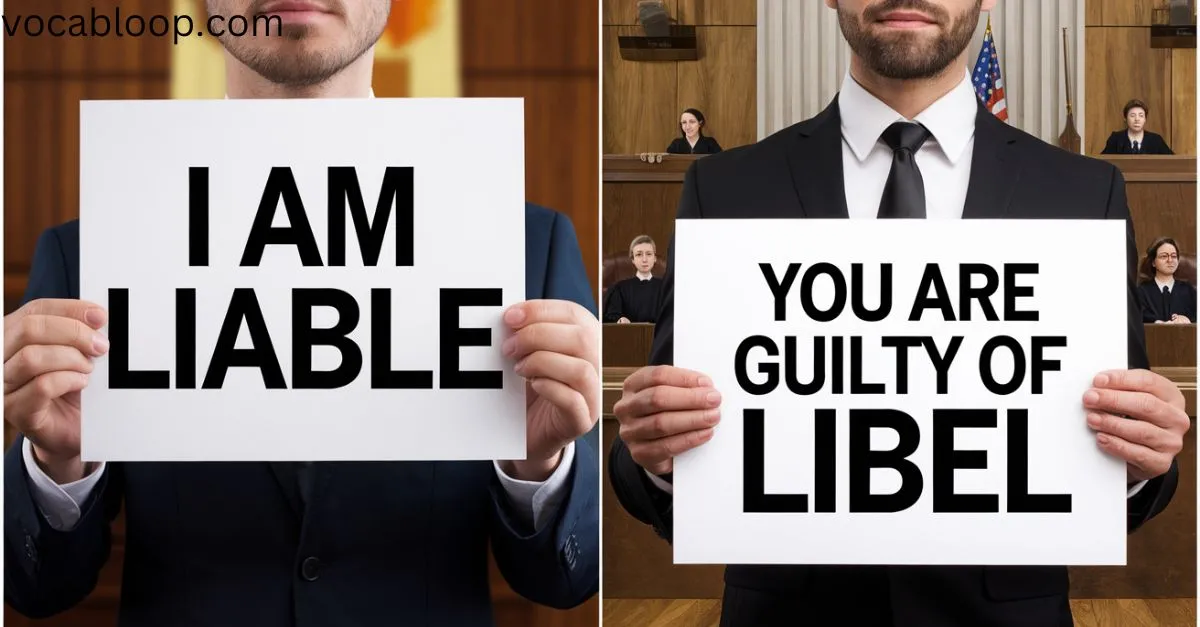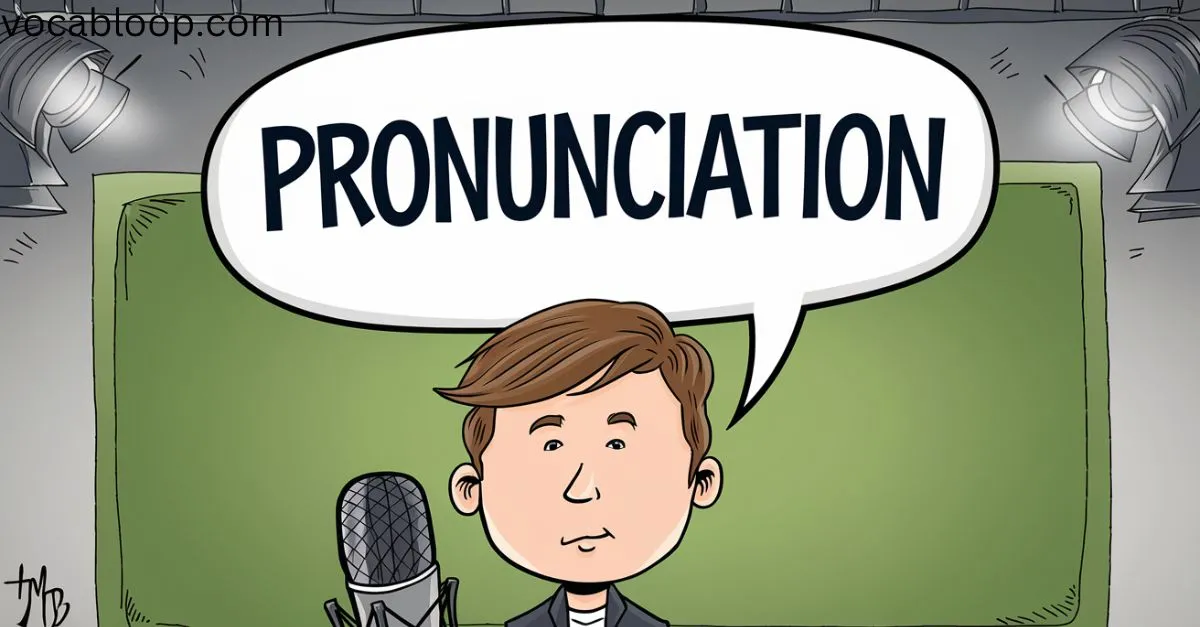Coach vs Couch: Definitions, Differences, and Examples
When it comes to English, a single letter can make all the difference. Words like “coach” vs “couch” are a prime example. They sound similar, look nearly identical, yet have entirely different meanings. Mixing them up is easy—but avoiding the mistake is even easier once you understand their unique uses. Below, we’ll break it all … Read more

